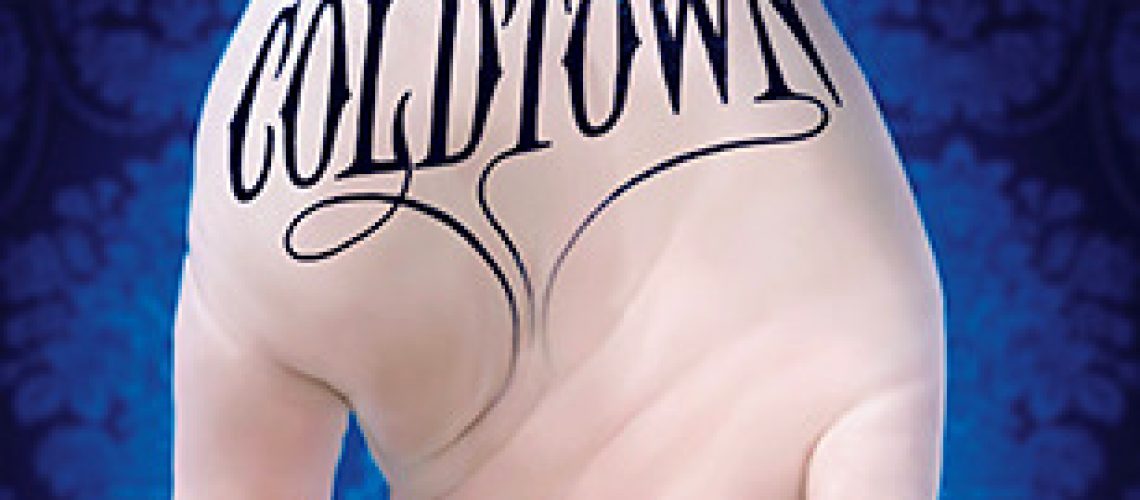I don’t believe in literary trend tracking. I never have. Largely, the reason why is I’m a contrarian. If hordes of people are headed one direction, I’m very likely to push against the flow — particularly if the flow is overwhelming. More often than not, I’ve found that doing so has been helpful. It keeps me ahead of the game, as it were. I simply don’t trust fads, and I certainly don’t trust mobs. In large groups, people tend to think less of the consequences of what is happening. I want to think. I want to make my own decisions. I’m not interested in doing something just because it’s fashionable. Plus, I’ve been around long enough to know that the moment when everyone is doing it is the moment one should flee the scene. The pattern is as old as humanity. Look up the Dutch Tulip Bubble of 1637 if you don’t believe me.
That’s why whenever a newbie writer asks me if they should follow trends, I tell them not to bother. They’re bullshit. Understand that by the time you finish writing whatever it is you’re writing, the trend will be over — even if, in an ideal world, you were picked up by a publisher for trend-following. Publishing is a slow moving behemoth. By the time said work hit the market again, the trend would be dead.
So, follow where your heart leads. As little as being an author pays, with all the associated stress and uncertainty (and that never goes away no matter how big you get,) there is no point in writing, otherwise. It’s important to be aware of what is going on within a market, mind you, but don’t let that knowledge dictate your actions. Prognostication doesn’t work out well long term. Ask any of the ‘futuristic visionaries’ in SF. Eventually, they discard that shiny crown. No one can predict what the mob will do. If they could, marketeers would have a 100% success rate.
Do not trust the mob.
Which leads me back to when I started writing Of Blood and Honey. People told me that the Celtic stuff was overdone, cold, and dead-dead-deadski. I knew what was out there. I knew what the overdone stuff was, but I had a hunch that if I did something different, regardless of the glut, it would stand out. And it did. Here’s the deal: my passion was in it. I had a unique idea. I went a new direction and was lucky enough to find someone willing to take a chance on me. That is the only reason to pay attention to trends, to be honest — to know what not to do. Experienced, smart authors know this. And that’s why I knew when Holly Black came out with an urban fantasy vampire novel that it’d be great. And it is. It didn’t matter that I’d long ago given up on vampire fiction. With the exception of Charlie Huston, I’ve just not seen anything unique and interesting there in years.
The Coldest Girl in Coldtown isn’t a shallow YA Urban Fantasy about vampires. It’s got meat and bones to go with the blood. It bites deep into the vein of humanity’s monstrous side and doesn’t let go. Yes, it’s YA. Never mind that. Understand that the only difference between teen fiction and adult fiction is the age of the protagonist and, thus, the voice. The really good teen fiction takes risks and doesn’t talk down to its audience. (Teens are practicing adults, after all.) The Coldest Girl in Coldtown is risky, thoughtful, and deep. Holly presents the punk/alternative scene the way it is, unattractive bits and all. You can’t drink whiskey and dance on the train tracks of life without losing friends and loved ones to the freight train — and not in a “they’ll never speak to me again” way. I mean in a dead on the tracks way. Holly knows this. She doesn’t shove that ugly bit under a cool looking rag rug made of bats and glitter. She’s telling the truth. Holly not only discusses what it means to be a monster, she also talks about what it means to be a hero. For example:
“Isn’t every hero aware of all the terrible reasons they did those good deeds? Aware of every mistake they ever made and how good people got hurt because of their decisions? Don’t they recall the moments they weren’t heroic at all? The moments where their heroism led to more deaths than deliberate villainy ever could?”
Yeah. That. Pow!
I’m not finished reading. I’m a slow reader, particularly when I’m thinking over what’s being said. However, I’ve no qualms about giving this novel an enthusiastic two thumbs up. Because… damn. Check into it for yourself. It’s well worth your time.









